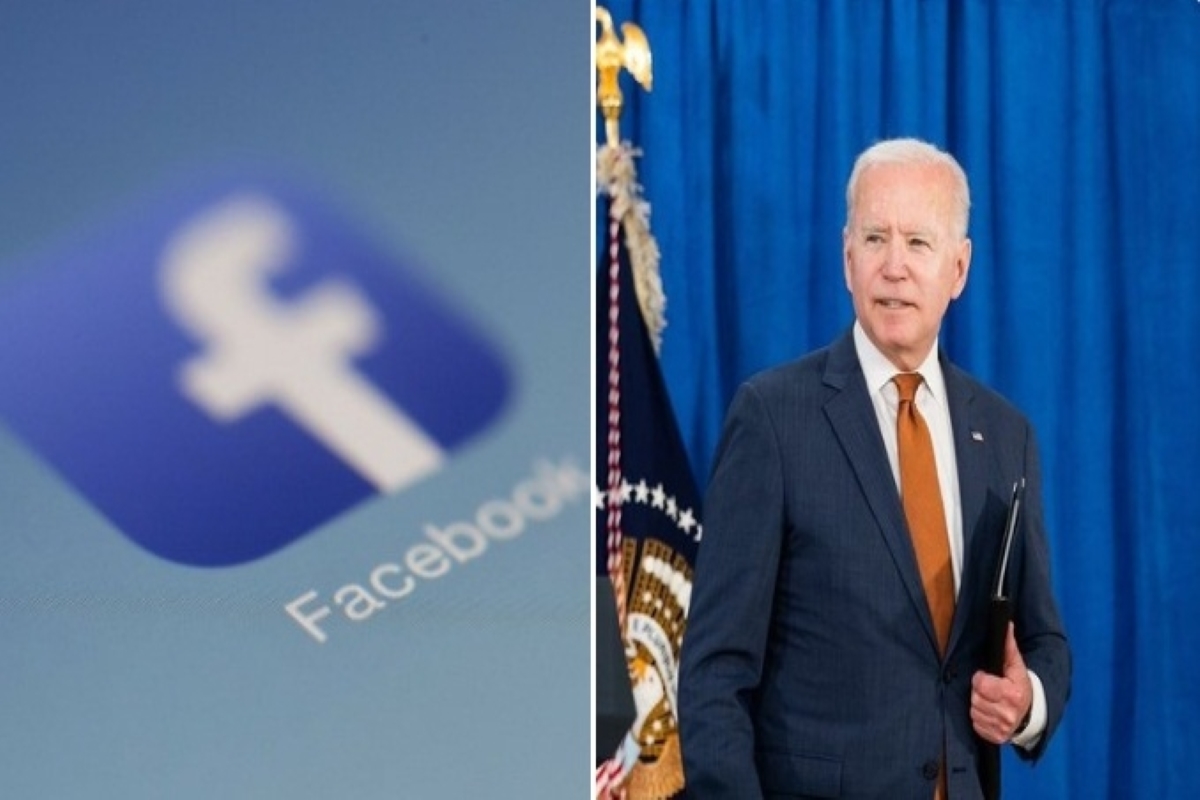Youth kills brother over monetary dispute in South West Delhi
A youth shot his brother dead in Matiala village of South West Delhi over a dispute on the sharing of rental income, the police said on Tuesday.
My hope is that Facebook, instead of taking it personally that they would do something about the misinformation, said US President Joe Biden

IANS
After stirring a major controversy by saying that Facebook is “killing people” with Covid-19 misinformation, US President Joe Biden took a U-turn, and said that vaccine misinformation on Facebook has been harming people.
Last week, Biden told reporters that platforms like Facebook were “killing people” by allowing misinformation to spread.
Advertisement
“Facebook isn’t killing people, these 12 people are out there giving misinformation,” he said on Monday, referring to a latest US administration report.
Advertisement
“My hope is that Facebook, instead of taking it personally that they would do something about the misinformation, the outrageous misinformation about the vaccine,” Biden added.
A Facebook spokesperson told The Verge late on Monday that “We will not be distracted by accusations which aren’t supported by facts.
“The facts show that Facebook is helping save lives. Period,” the company spokesperson was quoted as saying.
After Biden’s controversial statement, the social network giant replied, saying that facts tell a very different story to the one promoted by the administration in recent days.
Guy Rosen, VP of Integrity at Facebook, said in a blog post that at a time when Covid-19 cases are rising in the US, the Biden administration has chosen to blame a handful of American social media companies.
“While social media plays an important role in society, it is clear that we need a whole of society approach to end this pandemic. And facts, not allegations, should help inform that effort. The fact is that vaccine acceptance among Facebook users in the US has increased,” Rosen argued.
Last week, a report from US Surgeon General Vivek Murthy called on social media platforms to tame accounts that share misinformation.
“They’ve designed product features, such as ‘Like’ buttons, that reward us for sharing emotionally charged content, not accurate content. And their algorithms tend to give us more of what we click on, pulling us deeper and deeper into a well of misinformation,” Murthy told reporters.
Advertisement